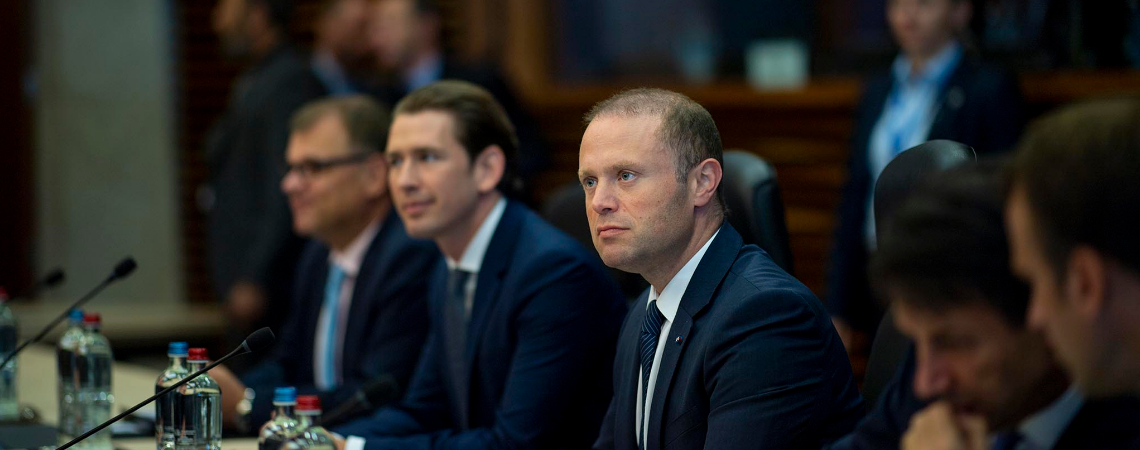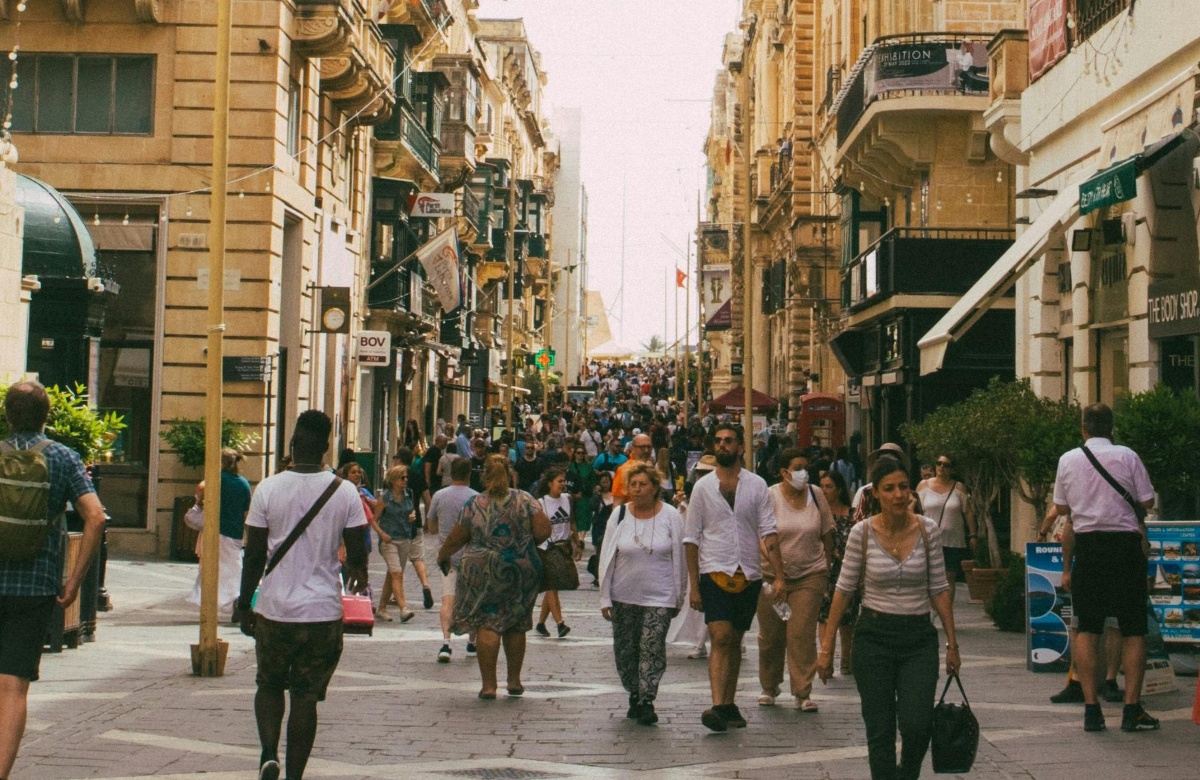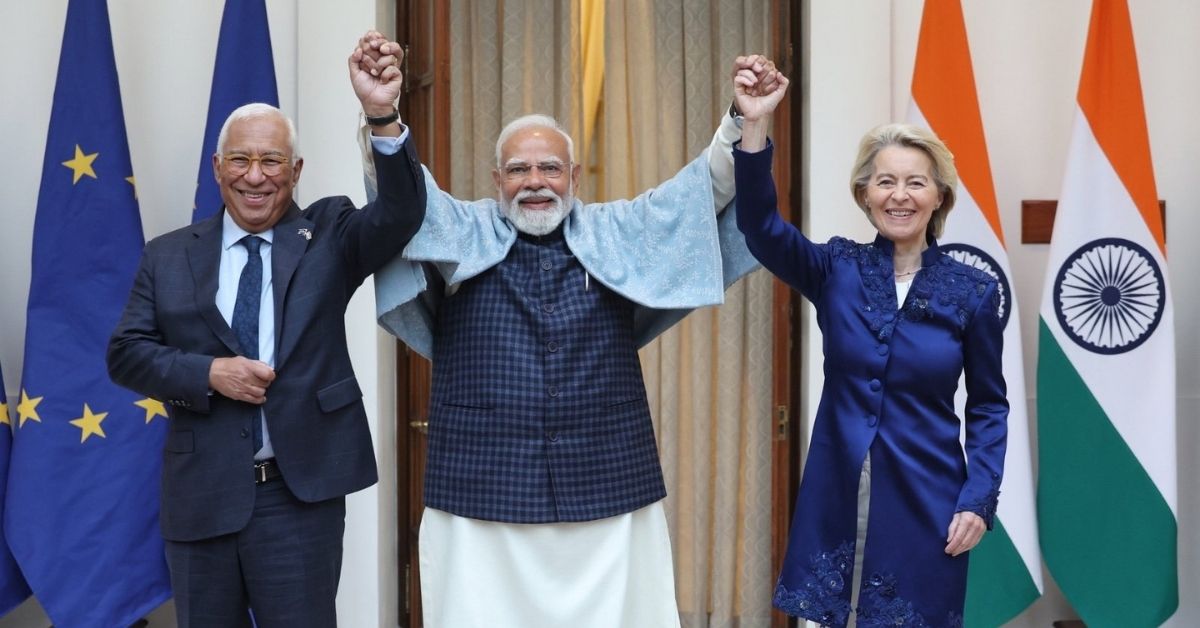Former Prime Minister Joseph Muscat has published a new economic note analysing the post-pandemic situation in Malta, where he notes that a reversal in positive trends in consumption expectations needs new tools to tackle the underlying drops in economic activity.
In a summary of the “scientific survey’s” results, posted to LinkedIn, Dr Muscat notes that there is no support for mandatory COVID-19 vaccination, and says that respondents were unsure as to whether they would opt to receive an annual jab.
The results point to a population that is “increasingly viewing the pandemic as a normal annual recurrent infection”, he said.
Published together with Vincent Marmara, a statistician known for his highly accurate polls on the Labour Party-linked General Workers Union weekly newspaper, It-Torca, the survey finds that the Maltese public is “sceptical of a swift return to pre-pandemic normality”.
“More significantly,” Dr Muscat continues, “there is a reversal in the positive trends in consumption expectations pointing at an important element of long run scarring by the pandemic on the economy, and possibly also by concerns deriving from the war in Ukraine.”
With inflation reaching levels unseen in years, due to, among others, an overheated labour market and unprecedented increases in shipping costs, Dr Muscat argues that “new tools are needed to tackle the underlying issues causing drops in economic activity and the increase in the propensity to save”.
Finance Minister Clyde Caruana said earlier this month that while the Government will do whatever possible to stave off rising inflation, “it cannot be expected to try to control the price of everything”.
Dr Muscat was forced to resign as Prime Minister in the wake of mass protests following revelations that Yorgen Fenech, then-CEO of Tumas Group and a personal friend Dr Muscat’s Chief of Staff Keith Schembri, was the alleged mastermind of the assassination of Daphne Caruana Galizia, a journalist exposing corruption and financial crime at the highest level of Government.
Ms Caruana Galizia’s investigations implicated Dr Muscat, Mr Shembri, close associate and minister responsible for energy, health and privatisation projects Konrad Mizzi, their accountants Brian Tonna and Karl Cini, and many others in their circle.
Dr Muscat was named as 2019’s Person of the Year by the Organised Crime and Corruption Reporting Project (OCCRP), beating out US President Donald Trump, his attorney Rudy Giuliani, and Denis Christel Sassou Nguesso, son of the longtime President of the Republic of Congo, for what the organization described as “the most extreme form of corruption”.
The former Prime Minister strongly denies any wrongdoing and has said that he has acted differently to previous prime ministers.
Dr Marmara has also been at the centre of recent controversy, with The Shift revealing a generous monthly retainer he holds with the Malta Gaming Authority, given to him by another of Dr Muscat’s associates, previous CEO Joseph Cuschieri, who later served as CEO of the Malta Financial Services Authority and was forced to resign after news broke that he had gone on a trip to Las Vegas with Mr Fenech, a casino operator, with the latter footing the bill.
The General Workers Union has refused to publish the remuneration agreement it has with Dr Marmara, while the Malta Gaming Authority, now headed by Carl Brincat, refused to divulge the work Dr Marmara was conducted for the authority, against a monthly payment of €4,251.
Dr Muscat has recently been in the headlines, making a return to public life after his home was searched by police in relation to payments made by Swiss firm Accutor, a company involved in the privatisation of three state hospitals. The Government is currently in court over the deal, the details of which were allegedly hidden from Cabinet.
He joined the professional social network LinkedIn last month, in an indication that he was seeking to move beyond his troubled past and continue his private practice.
The office he uses for this work, however, has also been the subject of controversy, as this has been provided at taxpayers’ expense in an as-yet unpublished deal with his successor and former legal advisor, Prime Minister Robert Abela.
Malta’s economic confidence reaches record levels
The services sector had a very positive assessment of the business situation over the past three months
Malta signs agreement to ‘understand and promote’ offshore oil potential
'Malta’s favourable geology and strategic location offer an exciting opportunity'
Narendra Modi tweets in Maltese to welcome EU-India free trade deal
The landmark deal will result in the free trade of several goods between the EU and India






